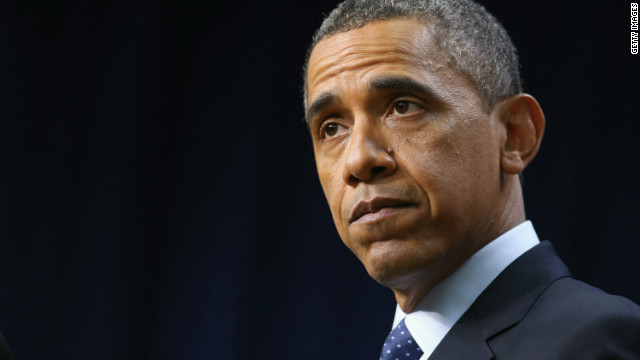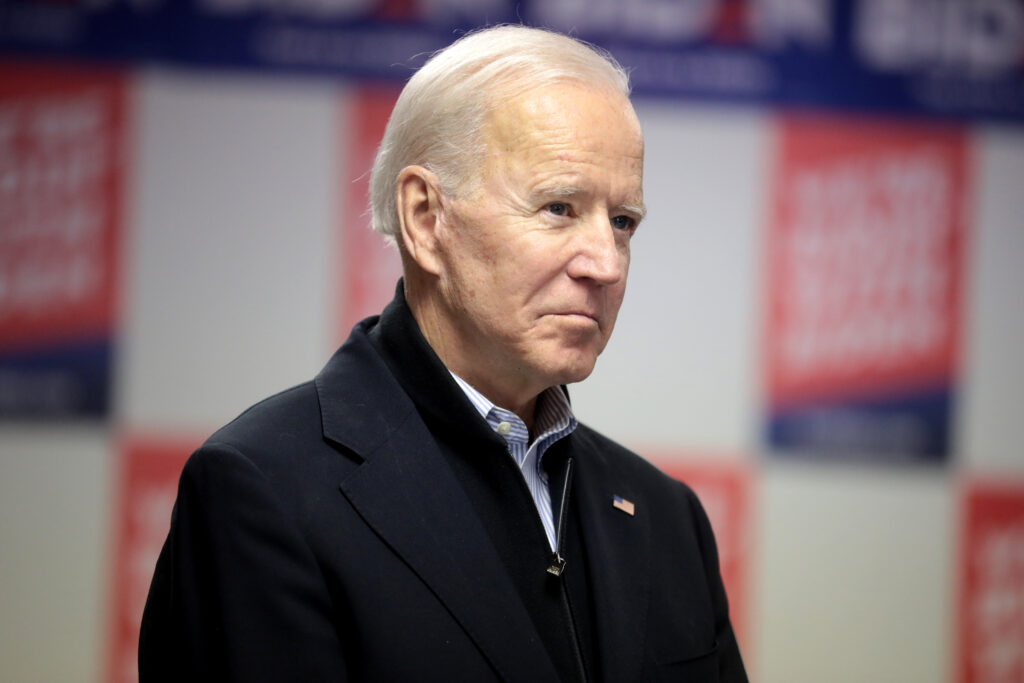Three years ago, Democrats hailed enactment of the Affordable Care Act (“Obamacare”) as a landmark in government protection of everyone’s health. Since then, Obamacare has faced tough sledding.
First, in November 2010 voters alarmed about the tainted passage of the act by a Democratic Congress with no Republican support emphatically restored the U.S. House to GOP control.
Then in June 2012 the U.S. Supreme Court held by a 7-2 margin the federal government could not coerce the states into expanding Medicaid by threatening to cut off their Medicaid payments altogether. With this provision struck down, fewer than half of the states have agreed to expand Medicaid.
The Court also held that although the mandate on individuals to buy government approved health insurance or pay a penalty could not be sustained under the commerce power of the Constitution, it could be sustained as a tax. However it now appears that Justice Roberts’ “tax on not having insurance” cannot be raised to a high enough level to drive the uninsured into buying insurance, without becoming an unconstitutional penalty.
Many young workers will find it more attractive to pay a small tax instead of spending five or ten times as much for insurance, and will take their chances with their health and vote out of office the members of Congress who laid the tax on them.
About to Go Live
In 2014 Obamacare will spring to life in the form of health care exchanges. These are described as state-run online shopping malls where individuals can purchase a range of policies offered in their states. The buyers will qualify for federal premium tax credit subsidies depending on their income as reported by their employers.
If a state has declined to set up an exchange despite enormous grants from Washington ($170 million so far just for little Vermont), the act authorizes the feds to set up their own exchanges. Unfortunately for the backers of the act, it does not allow the premium subsidies to flow through the federally run exchanges.
Not Ready for Primetime
Obamacare requires that beginning in 2014, employers of more than 50 full-time workers, who fail to offer government-approved insurance to their employees, will be assessed fines of at least $2,000 per employee. On July 5 the Obama administration announced, almost casually, that despite the specific language requiring the employer mandate to take effect on January 1, 2014, it had decided not to enforce that part of the law until 2015.
But if employers are no longer required to report the incomes and coverage of their workers to the IRS, how will the exchanges know how much to hand out in premium subsidies? No problem. The Obama administration has told the exchange operators to simply take the recipient’s word for it.
More Hostility Ahead
The Obama administration’s decision simply to ignore the law Obama signed also raises a grave constitutional question. If Obama can, for his own political purposes, unilaterally suspend a provision of law to let employers off the hook, there will assuredly be lawsuits by individual workers. They will argue, as the Obama administration did in defending its act against earlier challenges, that the act is an integrated package all of whose components are essential. They will argue Obama’s letting employers off the penalty hook, while continuing to assess penalties on workers without coverage, renders the whole scheme unenforceable.
On July 25, five months before the Obamacare penalties are scheduled to bite, the CBS News poll found 39 percent of respondents want the law wiped from the books, the highest percentage since the broadcaster began asking the question. That’s compared to 36 percent who want to keep or expand the law.
It’s hard to see what Obama and his allies can do in the coming year to reverse the popularity slide of their signal achievement. More likely, hostility by a majority of state governments, continuing legal challenges, and perceived inequities—plus Obama’s increasingly evident contempt for his constitutional duty to “faithfully execute the laws”—will make Obamacare’s future a grim one indeed.




